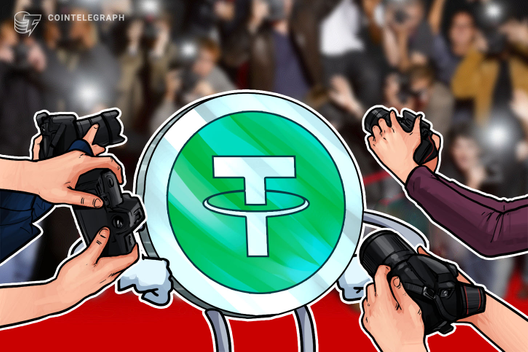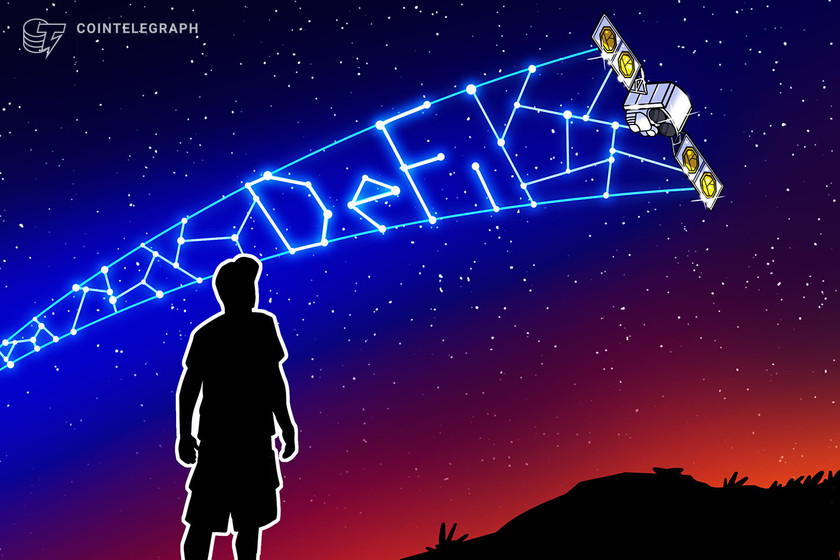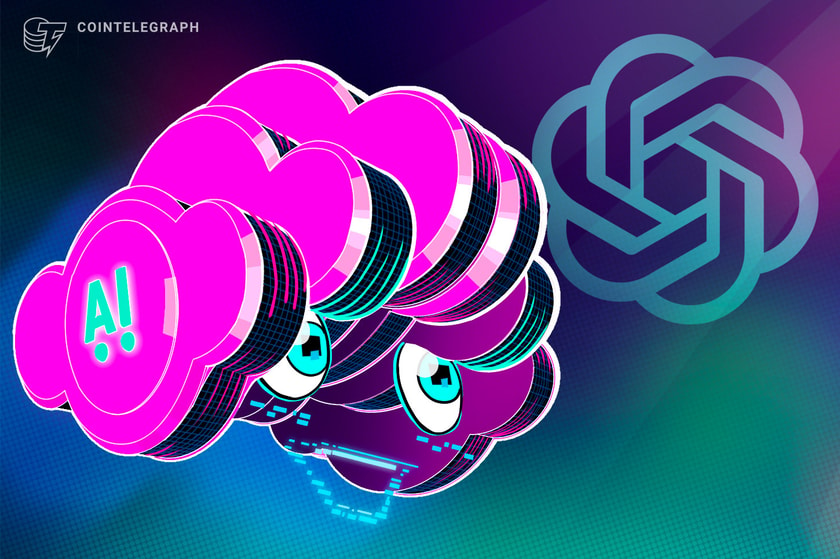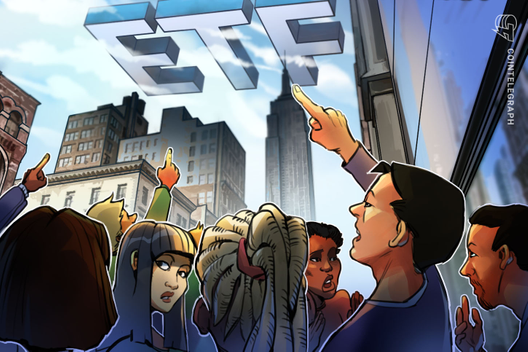JPMorgan debuts tokenization platform, BlackRock among key clients: Report
The Tokenized Collateral Network enables the conversion of traditional assets into digital assets and makes way for faster and more secure on-chain settlements.
554 Total views
7 Total shares

United States banking giant JPMorgan debuted its in-house blockchain-based tokenization application, the Tokenized Collateral Network (TCN), on Oct. 11, according to Bloomberg. TCN settled its first trade for asset management giant BlackRock.
The Tokenized Collateral Network is an application that allows investors to utilize assets as collateral. Using blockchain technology, investors can transfer collateral ownership without moving assets in underlying ledgers.
In its first public collateralized trade between JPMorgan and BlackRock, the TCN turned shares of one money market fund into digital tokens, which were then transferred to Barclays bank as security for an over-the-counter derivatives exchange between the two companies.
The first internal test of the TCN was conducted by JPMorgan in May 2022, with a pipeline of other clients and transactions now that TCN is live. The TCN was launched to streamline and scale the process of traditional settlements on a blockchain. The use of decentralized technology made the process faster, more secure and more efficient.
Related: JPMorgan Chase enters generative AI race with IndexGPT trademark
According to Tyrone Lobban, head of Onyx Digital Assets at JPMorgan, the new TCN platform unlocks capital and allows it to be used as collateral in ongoing transactions, boosting efficiency at scale. The platform enables the creation, transfer and settling of tokenized traditional assets. It also allows for the movement of collateral nearly instantly, unlike earlier methods.
The blockchain platform allows clients to access intraday liquidity through a secured repo transaction using tokenized collateral rather than depending on expensive unsecured credit lines. External clients who agree to the blockchain trade have their own node on which they can settle the trade and access other reports.
The U.S. banking giant has come a long way from its early days of criticizing the decentralized world and is currently actively involved in testing and launching various blockchain and crypto-centered services amid growing demand. The bank used a blockchain-based solution to settle trades with Indian banks in June.
Magazine: Bitcoin is on a collision course with ‘Net Zero’ promises








